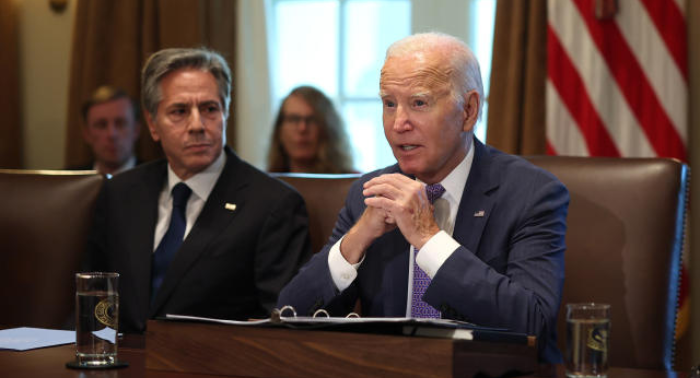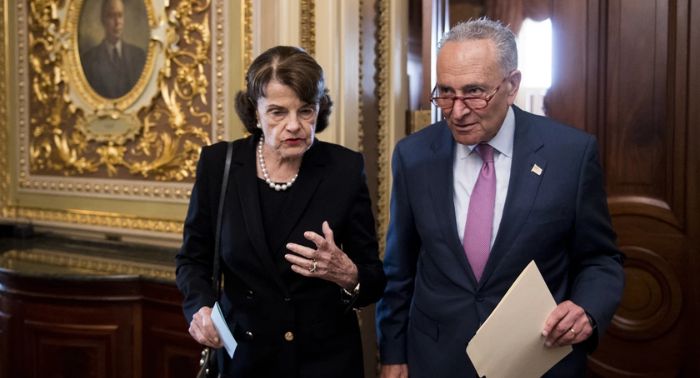There’s a growing perspective that the recent Hamas-led aggression towards Israel can be traced back to the Biden administration’s decision to ease the oil sanctions on Iran initially imposed during Donald Trump’s tenure.
Claire Jungman, a senior official at United Against a Nuclear Iran, estimates that since this relaxation, Iran has garnered a whopping $80 billion from oil trade. Yet, surprisingly, there’s been minimal criticism of Biden’s approach, which many view as indirectly bolstering Iranian-backed hostilities.
One might expect Israeli Prime Minister Benjamin Netanyahu to openly condemn the uptick in oil revenues to Iran. While there have been critiques of the Biden administration for allocating around $6 billion to Iran in hopes of forging a nuclear accord, as Richard Goldberg, an ex-official from the Trump era National Security Council, highlights, there’s a broader concern. He emphasizes, “It’s not merely about a $6 billion transaction; it revolves around a staggering $50 billion+ scenario that’s unfolded since May, encompassing released funds from Iraq and surging Iranian oil trades with China.”
However, Netanyahu’s reticence to castigate Biden could be attributed to Israel’s reliance on U.S. assistance, especially in acquiring weapons to counteract Hamas. Given this dependency, it’s plausible Israel would hesitate before critiquing the very country supplying them with essential resources.
It’s evident that the ongoing Mideast conflict predominantly pits Iranian-supported factions against Israel. Without the proceeds from oil sales, facilitated by Biden’s policies, Iran might have found it challenging to support these skirmishes.
Were Trump still in office, Iran might not have been financially equipped to act against Israel, and Netanyahu might have been more vocal in assigning accountability to the U.S. for the financial stimulus that facilitated the conflict.
One must question why Biden seems so keen on appeasing Iran to the extent of endorsing extensive oil trades, even to nations like China.
At its core, some argue that the Biden administration, echoing sentiments from the Obama era, perceives Iran as having been historically oppressed by Western forces. This viewpoint has been influenced by past U.S. interventions in Iran, starting with the 1947 CIA-backed installation of the Shah, followed by unwavering support even amidst the Shah’s oppressive policies. Even the 1979 hostage crisis seemed not to have deterred U.S. sympathies towards Iran or its skepticism towards Israel.
Though Biden now appears to support Israel, especially in its current challenges, it doesn’t detract from the possibility that his policies might be indirectly setting the stage for future Iranian aggressions.
Originally, the Iran nuclear deal aimed to prevent Iran from acquiring nuclear weapons. Now, some opine that it’s more of a façade, concealing the real intent of pumping billions into Iran, purportedly to curb its nuclear intentions.
There’s a prevailing notion that Biden’s approach, possibly influenced by his past association with the Obama administration, might be inadvertently favoring Iran.




